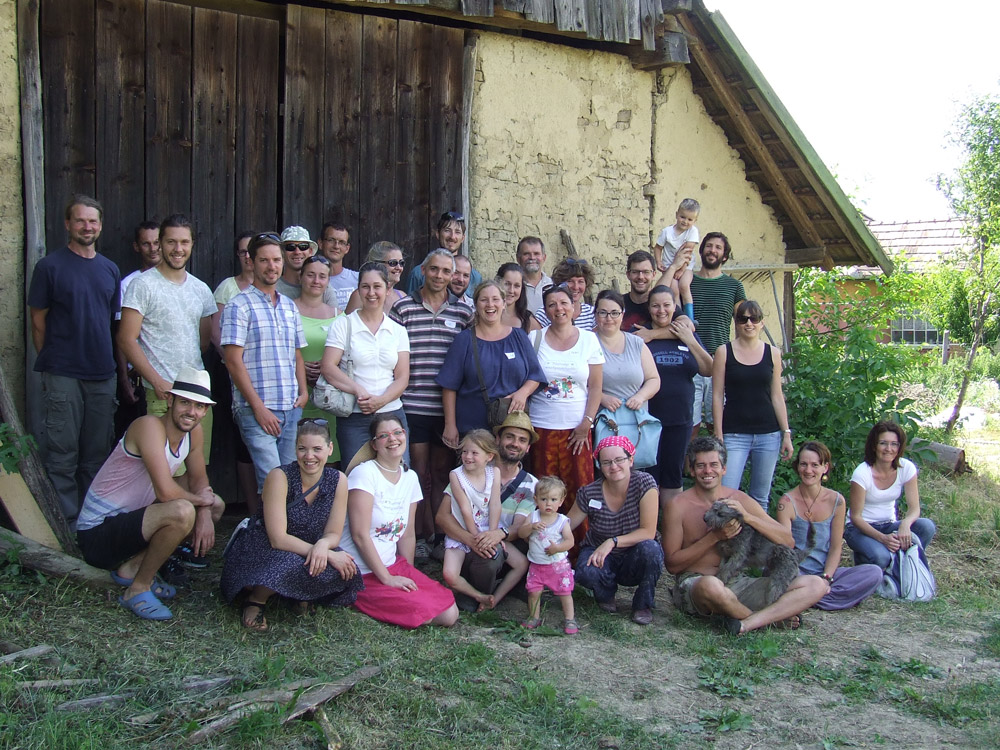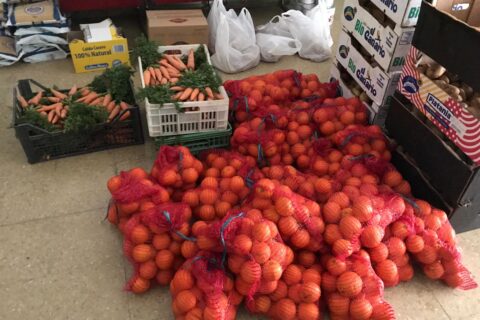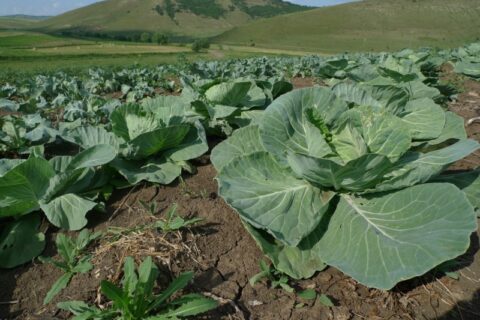
Short description
Name of the initiative? Alliance of Small-Scale Community Farms
Country Hungary
Region Countrywide
What kind of initiative Farming/Production, Training/Education, Environmental, Biodiversity, Landscape, Community
Success factors
Briefly describe what your initiative is about An informal alliance of small-scale community farms in Hungary.
Why did you start it and when? CSAs have only existed in Hungary for the last ten years. In 2013 there were several meetings particularly for CSA farmers funded by EU projects. Out of these a group of us began meeting informally but quickly we realized we needed some kind of alliance with a name and framework if we wanted to put on experience-sharing events. We didn’t want something official, but informal.
How did you establish it? We meet together two or three times a year to exchange ideas, experiences and challenges. Regularly we purchase farm inputs (e.g. seed potato, growing medium for transplants) together to share the logistic costs.
We still have the core group – the original six founding members – but we have other CSA farmers who regularly attend the meetings and workshops.
Who did you connect with? To start with we were a group of six farmers who had become friends. We built up trust and a real connection with each other.
One of the founding members was Conscious Consumers Association, an NGO located in Budapest. They regularly run projects with CSAs funded by EU (Gruntivig, Erasmus+). Those interested in starting CSAs attended workshops or had a connection with the Conscious Consumers Association, so they found out about our alliance there.
What enabled collaboration? Meeting together in the same room with other people in the same role experiencing a lot of the same things creates a very good feeling. We can share challenges and hopefully share some solutions. Our core group already had a bond of trust.
CSA farmers are much more open-minded than the average farmer population, so it was relatively easy to establish this kind of cooperation. In Hungary cooperation amongst farmers is very low, but the philosophy of community supported agriculture requires open-mindedness to working together from the outset.
What challenges did you face? Were you able to resolve them? How? It’s an ongoing debate who should join this alliance and what are the criteria to join, since we are not formalised, and we have no written rules. Nearly every time we meet, we talk about it but so far there is no common decision from those of us who established the alliance on who can join and how. This is a disadvantage of being an informal organisation.
Farmers are busy. It’s always a challenge to set up the next meeting. The wintertime is most suitable for us. Many farmers have small kids, so we must make sure our meetings take no more than one day.
Venues can be a problem, we typically meet in an office in Budapest rented by the Conscious Consumers Association, or at one of our members’ farms.
What were the lessons learned? Most small farms have problems with cash-flow, time demands, many farmers are exhausted. Meeting regularly is important, and these meetings allow farmers to realise they are not alone. It’s a huge relief share our problems. It eases the situation to share the burden and to hopefully find some solutions too.
What did it change in your life and the life of your community? We now have successful CSAs in Hungary. I believe without this supporting group and without the knowledge-sharing and experience-sharing opportunities, this would not have been possible. Our association is a tank of knowledge and experience which gives mutual advantage to all of us.
Choose 3-5 key words organic farming, community supported agriculture, peer-group, experience sharing
Additional information
https://tudatosvasarlo.hu/cikk/kokisz
—
Repository compiled by: Zoltan Dezseny
E-mail contact: kapcsolat@magosvolgy.hu



